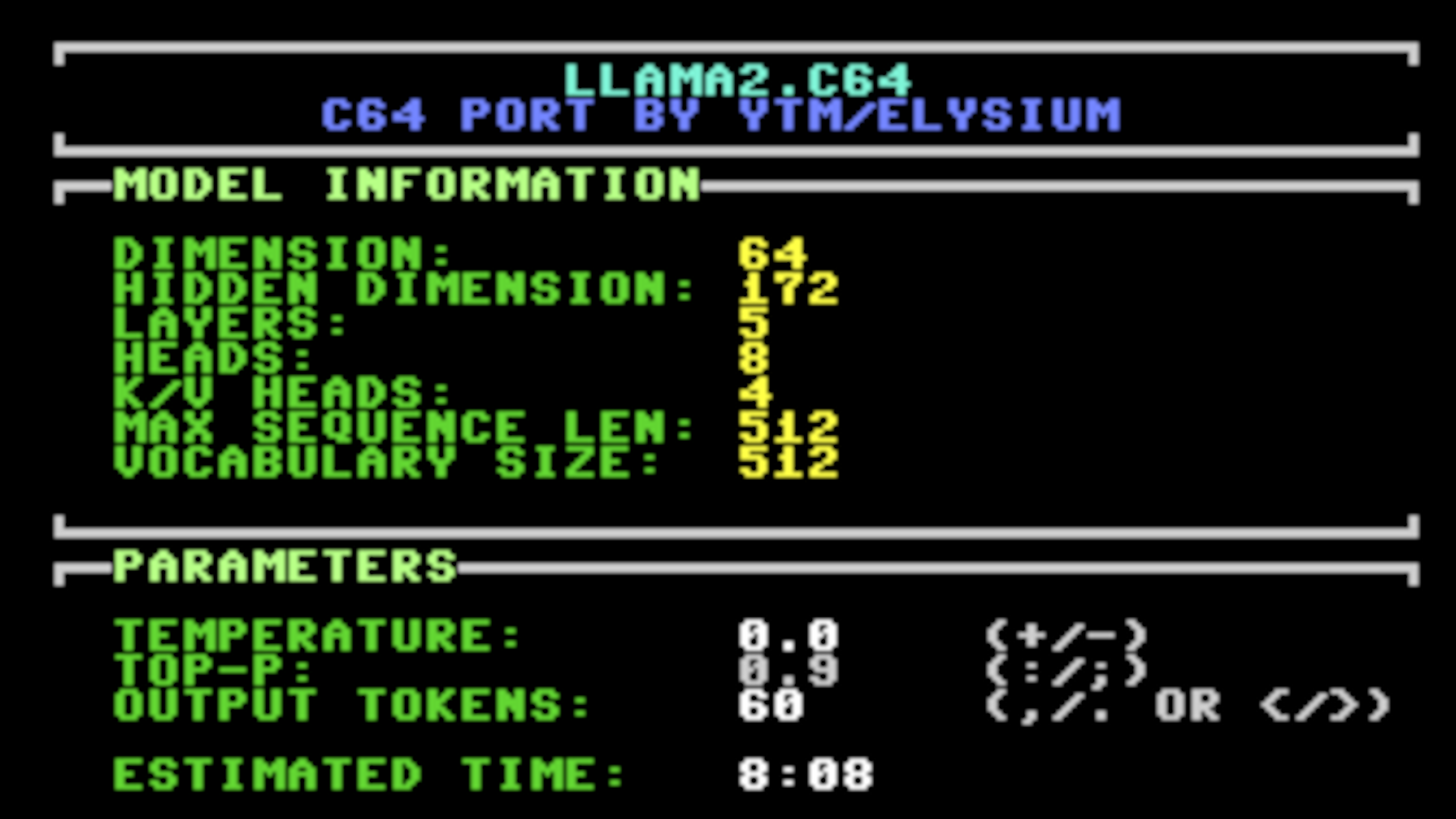Smarter Python Code with defaultdict
In Python, working with dictionaries often involves checking whether a key exists before performing operations. This can add unnecessary lines of code and reduce readability. The defaultdict from Python's collections module simplifies this process elegantly. Why Use defaultdict? A defaultdict automatically initializes keys with a default value if they don't exist. This means you can start using the dictionary right away without having to check for the existence of keys manually. Cleaner Character Counting with defaultdict from collections import defaultdict alphabet_count = defaultdict(int) s = "A quick brown fox jumps over a lazy dog while buzzing zebras and vexed wizards quietly fix jammed locks beside echoing drums." for char in s.lower(): if char in 'abcde': alphabet_count[char] += 1 for letter in 'abcde': print(f"{letter}: {alphabet_count[letter]}") In this example, all letters from 'a' to 'z' are counted using a defaultdict with int as the default factory. The sentence is crafted to include every letter of the English alphabet at least twice, and .lower() ensures all characters are handled in lowercase. This approach avoids manual key initialization and handles letter counting elegantly. Traditional Way (Without defaultdict): alphabet_count = {'a': 0, 'b': 0, 'c': 0, 'd': 0, 'e': 0} s = "A quick brown fox jumps over a lazy dog while buzzing zebras and vexed wizards quietly fix jammed locks beside echoing drums." for char in s.lower(): if char == 'a': alphabet_count['a'] += 1 elif char == 'b': alphabet_count['b'] += 1 elif char == 'c': alphabet_count['c'] += 1 elif char == 'd': alphabet_count['d'] += 1 elif char == 'e': alphabet_count['e'] += 1 for letter in 'abcde': print(f"{letter}: {alphabet_count[letter]}") As you can see, the traditional method becomes extremely verbose and harder to manage. This highlights the real power and simplicity of defaultdict for such tasks. Final Thoughts: If you find yourself writing repetitive key checks in dictionaries, consider switching to defaultdict. It's a small change that pays off with cleaner and more efficient Python code. Whether you're counting characters, grouping data, or initializing nested structures—defaultdict can make your code more Pythonic and elegant. The int default factory is especially useful for counting tasks because it starts new keys with a value of 0. As defaultdict is part of the standard Python library, there's no need for extra installations, and you can use it right away in any project. The defaultdict class can be used with various default factories, not just int. The int default factory is useful for counting, but you can also use float, str, list, set, or even custom functions depending on your needs. Got a smart Python trick or a neat coding shortcut you’ve used recently? Share it below — let’s swap some clever ideas and level up together!

In Python, working with dictionaries often involves checking whether a key exists before performing operations. This can add unnecessary lines of code and reduce readability. The defaultdict from Python's collections module simplifies this process elegantly.
Why Use defaultdict?
A defaultdict automatically initializes keys with a default value if they don't exist. This means you can start using the dictionary right away without having to check for the existence of keys manually.
Cleaner Character Counting with defaultdict
from collections import defaultdict
alphabet_count = defaultdict(int)
s = "A quick brown fox jumps over a lazy dog while buzzing zebras and vexed wizards quietly fix jammed locks beside echoing drums."
for char in s.lower():
if char in 'abcde':
alphabet_count[char] += 1
for letter in 'abcde':
print(f"{letter}: {alphabet_count[letter]}")
In this example, all letters from 'a' to 'z' are counted using a defaultdict with int as the default factory. The sentence is crafted to include every letter of the English alphabet at least twice, and .lower() ensures all characters are handled in lowercase. This approach avoids manual key initialization and handles letter counting elegantly.
Traditional Way (Without defaultdict):
alphabet_count = {'a': 0, 'b': 0, 'c': 0, 'd': 0, 'e': 0}
s = "A quick brown fox jumps over a lazy dog while buzzing zebras and vexed wizards quietly fix jammed locks beside echoing drums."
for char in s.lower():
if char == 'a':
alphabet_count['a'] += 1
elif char == 'b':
alphabet_count['b'] += 1
elif char == 'c':
alphabet_count['c'] += 1
elif char == 'd':
alphabet_count['d'] += 1
elif char == 'e':
alphabet_count['e'] += 1
for letter in 'abcde':
print(f"{letter}: {alphabet_count[letter]}")
As you can see, the traditional method becomes extremely verbose and harder to manage. This highlights the real power and simplicity of defaultdict for such tasks.
Final Thoughts:
If you find yourself writing repetitive key checks in dictionaries, consider switching to defaultdict. It's a small change that pays off with cleaner and more efficient Python code. Whether you're counting characters, grouping data, or initializing nested structures—defaultdict can make your code more Pythonic and elegant.
The int default factory is especially useful for counting tasks because it starts new keys with a value of 0.
As defaultdict is part of the standard Python library, there's no need for extra installations, and you can use it right away in any project.
The defaultdict class can be used with various default factories, not just int. The int default factory is useful for counting, but you can also use float, str, list, set, or even custom functions depending on your needs.
Got a smart Python trick or a neat coding shortcut you’ve used recently? Share it below — let’s swap some clever ideas and level up together!





































































































































































![[The AI Show Episode 145]: OpenAI Releases o3 and o4-mini, AI Is Causing “Quiet Layoffs,” Executive Order on Youth AI Education & GPT-4o’s Controversial Update](https://www.marketingaiinstitute.com/hubfs/ep%20145%20cover.png)




























































































































![[FREE EBOOKS] Learn Computer Forensics — 2nd edition, AI and Business Rule Engines for Excel Power Users & Four More Best Selling Titles](https://www.javacodegeeks.com/wp-content/uploads/2012/12/jcg-logo.jpg)





![From Art School Drop-out to Microsoft Engineer with Shashi Lo [Podcast #170]](https://cdn.hashnode.com/res/hashnode/image/upload/v1746203291209/439bf16b-c820-4fe8-b69e-94d80533b2df.png?#)






































































































(1).jpg?#)
































_Inge_Johnsson-Alamy.jpg?width=1280&auto=webp&quality=80&disable=upscale#)










































































































![Apple to Split iPhone Launches Across Fall and Spring in Major Shakeup [Report]](https://www.iclarified.com/images/news/97211/97211/97211-640.jpg)
![Apple to Move Camera to Top Left, Hide Face ID Under Display in iPhone 18 Pro Redesign [Report]](https://www.iclarified.com/images/news/97212/97212/97212-640.jpg)
![Apple Developing Battery Case for iPhone 17 Air Amid Battery Life Concerns [Report]](https://www.iclarified.com/images/news/97208/97208/97208-640.jpg)
![AirPods 4 On Sale for $99 [Lowest Price Ever]](https://www.iclarified.com/images/news/97206/97206/97206-640.jpg)
































![[Updated] Samsung’s 65-inch 4K Smart TV Just Crashed to $299 — That’s Cheaper Than an iPad](https://www.androidheadlines.com/wp-content/uploads/2025/05/samsung-du7200.jpg)




































































